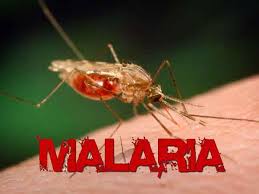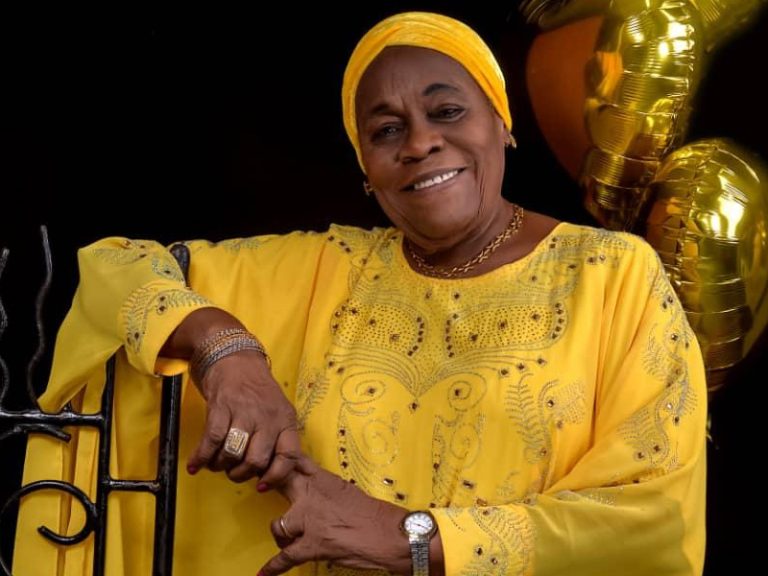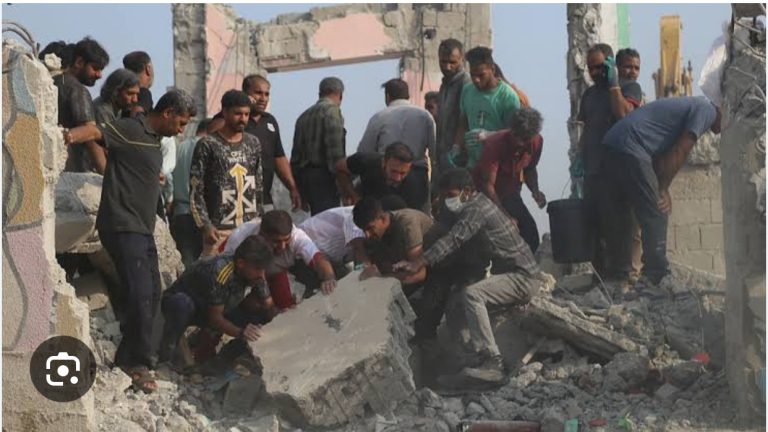
Lagos State is pushing closer to wiping out malaria, with Governor Babajide Sanwo-Olu declaring that the state has now reached a decisive stage in its fight against the disease.
At the mid-term review of the IMPACT Project and the Pathway to Malaria Pre-Elimination and Digitisation Programme held Thursday, the governor outlined strategies to drive malaria prevalence below one percent and ultimately achieve elimination.
Sanwo-Olu urged residents to take responsibility for prevention by clearing mosquito breeding sites, testing before treatment, and trusting the health system. He emphasized that community participation, supported by public-private partnerships, would be key to sustaining the progress already recorded.
“Today’s review is a checkpoint in our journey to a malaria-free Lagos. We set out with a clear vision: to move from a high-burden state to one on the brink of elimination. That vision is taking shape,” he said.
The governor also highlighted the state’s new digital reporting system, which links public and private health facilities as well as pharmacies and patent medicine vendors. He said the innovation has bridged information gaps, improved diagnosis, and strengthened surveillance.
Sanwo-Olu assured that continuous training, supervision, and integration with the ILERA EKO health insurance platform would guarantee quality service delivery, while acknowledging the backing of partners including the World Bank, Islamic Development Bank, Bill & Melinda Gates Foundation, WHO, and the National Malaria Elimination Programme.
Coordinating Minister of Health and Social Welfare, Muhammad Ali Pate, praised Lagos for pioneering strategies that are shaping Nigeria’s malaria response. He described the integration of private providers into digital surveillance as a “game-changer” and pledged federal support for the initiative.
Lagos Commissioner for Health, Akin Abayomi, revealed that malaria prevalence in the state has dropped dramatically, with current data placing it firmly in the pre-elimination phase at about one percent. He stressed that most fevers in Lagos are now malaria-negative, underscoring the importance of “test-before-treatment” protocols.
Development partners echoed the need for vigilance. The WHO’s Maya Ngon lauded Lagos’ innovation and leadership, promising continued technical support, while the World Bank’s Onoriode Ezire urged tighter surveillance, warning that sustaining gains would require “zero reporting” — facilities updating records even when no cases are detected.
Despite these successes, the Permanent Secretary of the Health Ministry, Olusegun Ogboye, warned that patient demand and cost barriers remain challenges. He suggested greater subsidies for diagnostic tests to prevent irrational drug use and called for stronger clinical audits to improve accountability.
With prevalence at historic lows, Lagos is being hailed as a model for malaria control in West Africa. However, experts cautioned that the transition from pre-elimination to full elimination will require even more rigorous surveillance, innovation, and community cooperation.



